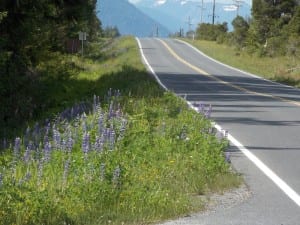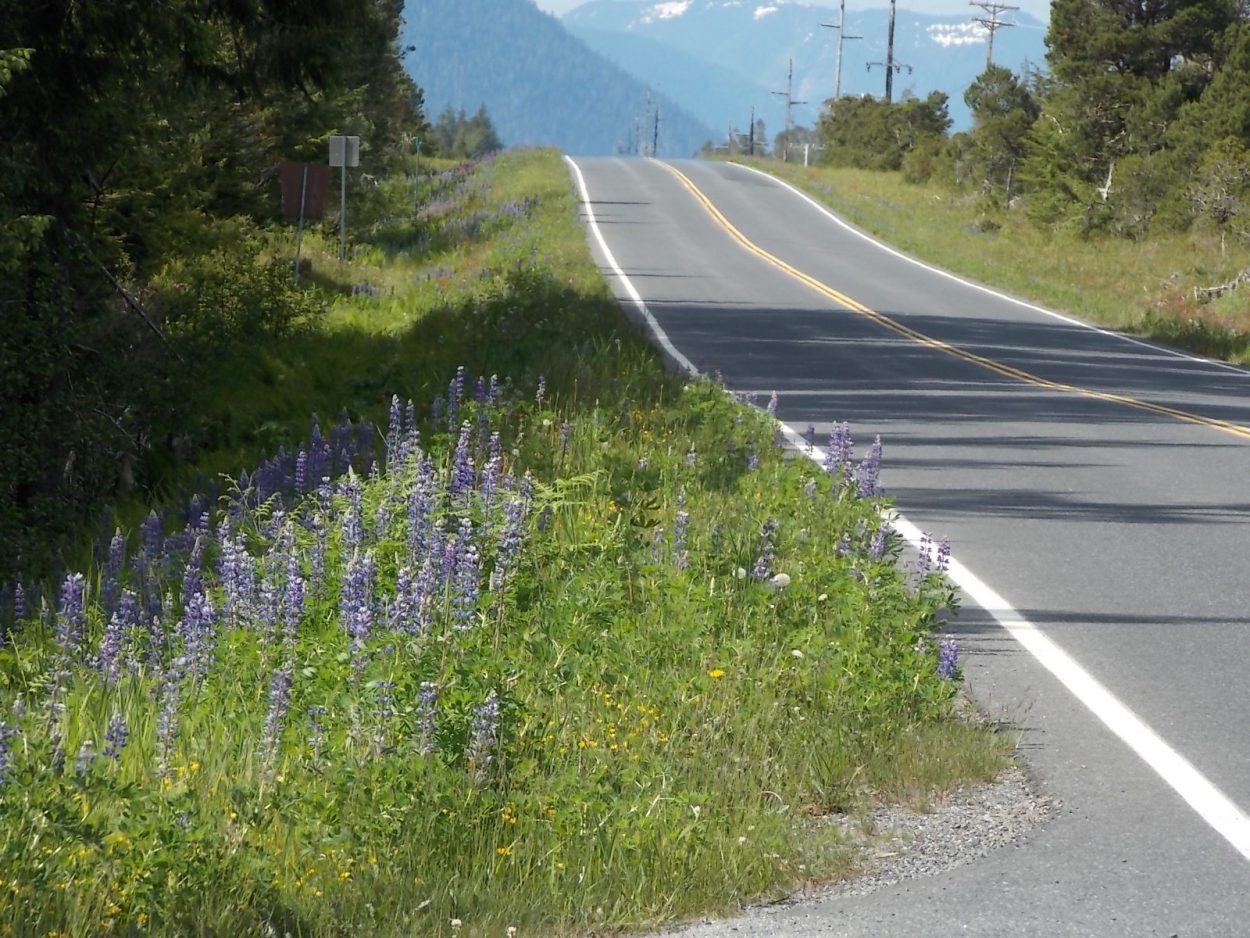Petersburg’s borough assembly is not happy with the state’s response about its plans for spraying herbicides along state roadways in the area. The assembly Monday decided to draft a second letter voicing opposition to herbicide use by the Alaska Department of Transportation for keeping roadsides and airport land free of trees and shrubs.
Audio Player
For iFriendly audio, click here:
A June 17th letter from the borough prompted a July 9th response from the DOT’s statewide maintenance and operations chief Michael Coffey. In that letter Coffey writes the state will notify the Alaska Department of Environmental Conservation and give 30-day public notice when the DOT plans to use herbicides in Petersburg’s borough.
The response did not satisfy assembly member John Havrilek. “To me this gentleman’s letter was basically we know best so we’re gonna do what we want. And I don’t feel they do. It’s our roads, our fish, our streams, our water, our berries whatever,” Havrilek said at Monday’s assembly meeting. He wanted to threaten legal action to stop state spraying.

The DOT no longer needs a DEC permit for spraying on state lands, a regulation change approved this year. Under the new regulation, the agency is required to publish what’s called an Integrated Pest Management plan, which outlines how herbicides could be applied along roadways across Alaska. The DOT published such a plan in June. The plan covers the entire state and gives general plans for herbicide use. It says. “DOT intends to begin using herbicide as a maintenance tool, along with non-chemical maintenance and vegetation control measures, following the required posting and notification requirements.” DOT’s plan says the use of herbicides will save the state money. It identifies several chemical herbicides that may be used along roadways, Aquamaster, Roundup, Habitat and Garlon 3.
At a meeting in June, Petersburg’s assembly discussed drafting a local ordinance to prohibit spraying by the state. Assembly member and attorney John Hoag wondered whether a local ordinance would be able to block state spraying.
Retired state fisheries biologist and former city council Barry Bracken asked the assembly to draft the first letter and was also disappointed in the response. “I don’t know whether threatening legal action against the state is the right way to go or whether you need to kick it up a level and consider drafting an ordinance. As assemblyman Hoag pointed out, the legislature could overturn that if they so choose. I’m not sure that they would do that but it seems to me sitting here and doing nothing with a response like that certainly does not reflect the views of the community as I understand them.”
And assembly member Hoag, attending by phone, recommended a second letter to the state. “I would recommend, matter of fact I’ll make a motion, that the borough send a letter along the lines of Mr. Bracken’s statement that we were disappointed in the response that the state has and ask them to see if they can give us some assurances they really won’t be spraying here. I would recommend it not discuss local powers versus the state and I think it’s premature to threaten litigation.”
Petersburg sent its first letter of opposition around to other municipalities. Officials in Skagway and Haines have expressed similar concerns. Borough staff will draft a second letter to be considered by the assembly at a meeting August 19th.











